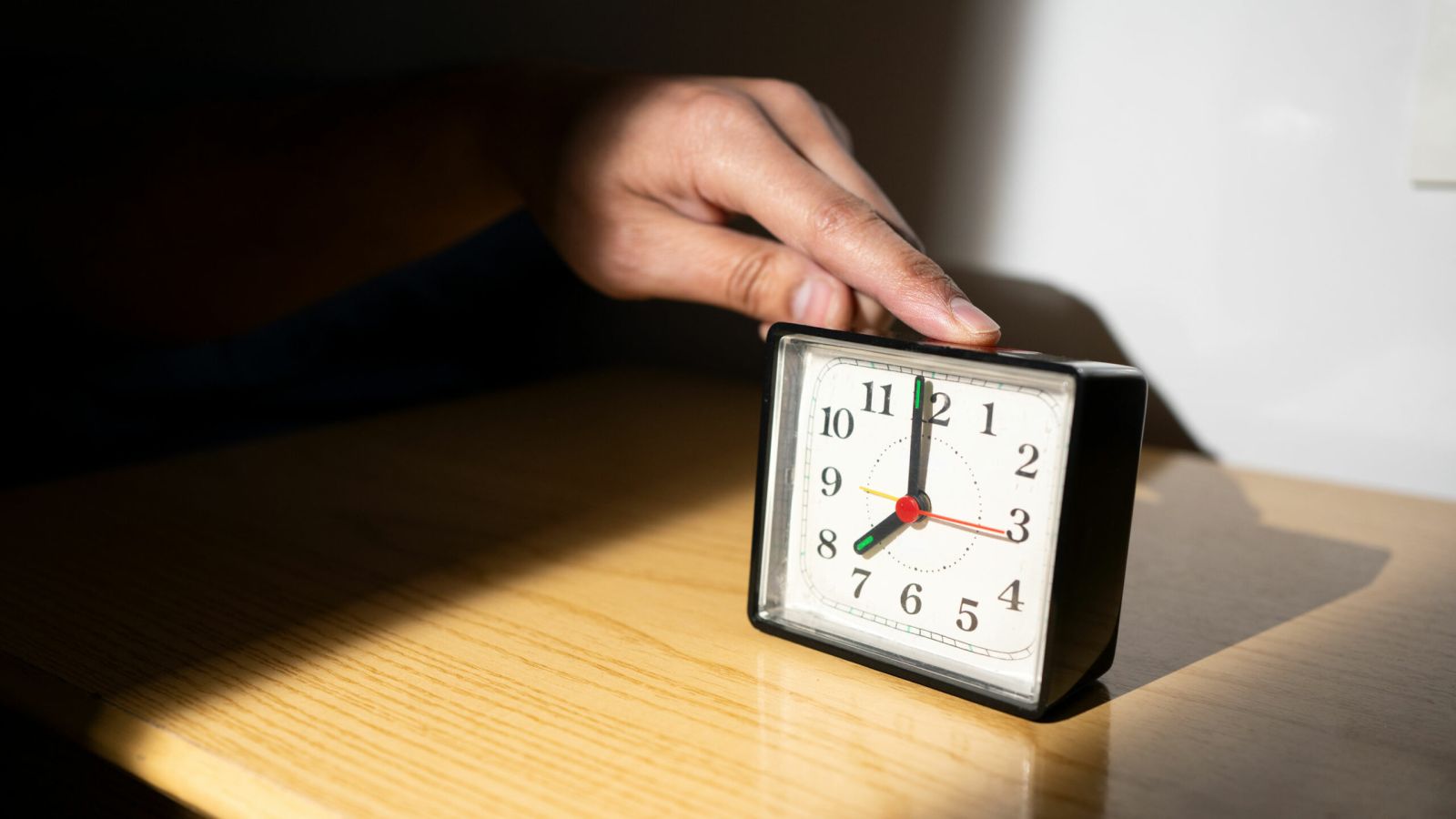Should One Delay His Prayer if He Believes Water Will Become Available or Should He Perform Tayammum and Pray Immediately?
Imām Muḥammad ibn Ṣāliḥ al-ʿUthaymīn


If one does not find water at the start of the prayer time but hopes to find it towards the end of that ṣalāh’s appointed time, then it is better for him to delay performing tayammum until that later time. This is because if water becomes available to him, he will pray having purified himself with it. However, there is also nothing wrong with him performing tayammum at the start of the time period for that ṣalāh and praying it.
Circumstances in Which Delaying of Tayammum Is Recommended
Know that this issue has several circumstances. Delaying tayammum is recommended in two of them:
- If one is certain that water will become available within the time period for that ṣalāh.
- If one believes that water becoming available is most probable. If he delays performing tayammum, he is protecting one of the prerequisites of ṣalāh which is wuḍūʾ. This is prioritised over praying that ṣalāh at the beginning of its time period which is recommended, but not a requisite for the validity of that prayer like wuḍūʾ.
Circumstances in Which Praying at the Start of the Prayer Time Takes Precedence
Performing ṣalāh at the start of its time period takes precedence in three circumstances:
- If one is certain that water will not become available within the time period for that ṣalāh.
- If it is most probable that water will remain unavailable until the end of the time for that ṣalāh.
- One is unable to ascertain either with regards to the availability of water.
The Issue of Delaying Tayammum if Water Becoming Available Is Certain
Some scholars have also taken the opinion that if one knows with certainty that water will become available within the time period for that ṣalāh, then it is obligatory upon him to delay performing that prayer. This is because he will then be able to purify himself with water. This is the fundamental state with regards to ṣalāh, so one should delay performing their ṣalāh such that it may be attained.
In my view, the correct opinion in this matter is that delaying the ṣalāh in this situation is not obligatory, but it is better. This is because of the following:
- The general saying of the Prophet (صلى الله عليه وسلم): “If the time for prayer should reach a man from among my ummah, then let him pray it.”1
- One’s knowledge regarding the availability of water is not assured. It may, for some reason, not become available as initially surmised. With greater degrees of certainty regarding its availability, delaying the ṣalāh also becomes increasingly appropriate.
Interpretation of Time Periods for Individual Prayers
In our saying ‘at the end of the time period,’ we mean by that the chosen, best period for performing that ṣalāh. Ṣalāh al-ʿAṣr is the only ṣalāh that has a period termed the best period for its performance and another time period wherein it may be performed in extenuating circumstances. The choicest time period for its performance extends until the yellowing of the sun, while its latter, extenuating period is from the yellowing of the sun until sunset.
As for Ṣalāh al-ʿIshāʾ, the correct opinion is that it has two periods: a recommended and a permissible time. Its permissible time begins with the disappearance of dusk, and its recommended time is until midnight2. After midnight, it may not be performed. This is because the aḥādīth narrated from the Prophet (صلى الله عليه وسلم) set its time until midnight. Thus, according to this opinion, if a woman becomes pure from her menses after midnight, she does not have to pray maghrib or ʿishāʾ. As for those who hold the opinion that the extenuating time for ʿishāʾ extends until the time for fajr, she would have to perform ʿishāʾ if she becomes pure after midnight. Others even obligate her performing maghrib and ʿishāʾ at this time.
The Issue of Choosing Between Congregational Prayer with Tayyumum or Individual Prayer (Later) When Water Becomes Available
If one is faced with a choice between joining the congregation for ṣalāh by performing tayammum at the start of the time period for the ṣalāh or purifying himself with water at the end of the time for that ṣalāh but missing the congregational prayer, then it is obligatory for him to pray at the start of the time with the congregation, even if he does so by performing tayammum. This is because praying in congregation is obligatory.
Endnotes:
[1] Authentic: narrated by al-Bukhārī: 436 and Muslim: 371.
[2] Translator note: Midnight here is literal and refers to the middle of the night, which is the midpoint between the times for Maghrib and Fajr, of which the specific time changes based on the season and length of the night itself.
Source: al-Sharḥ al-Mumtiʿ 1: 408-410
Translated by: Riyāḍ al-Kanadī
Most Popular: Last 30 Days

















